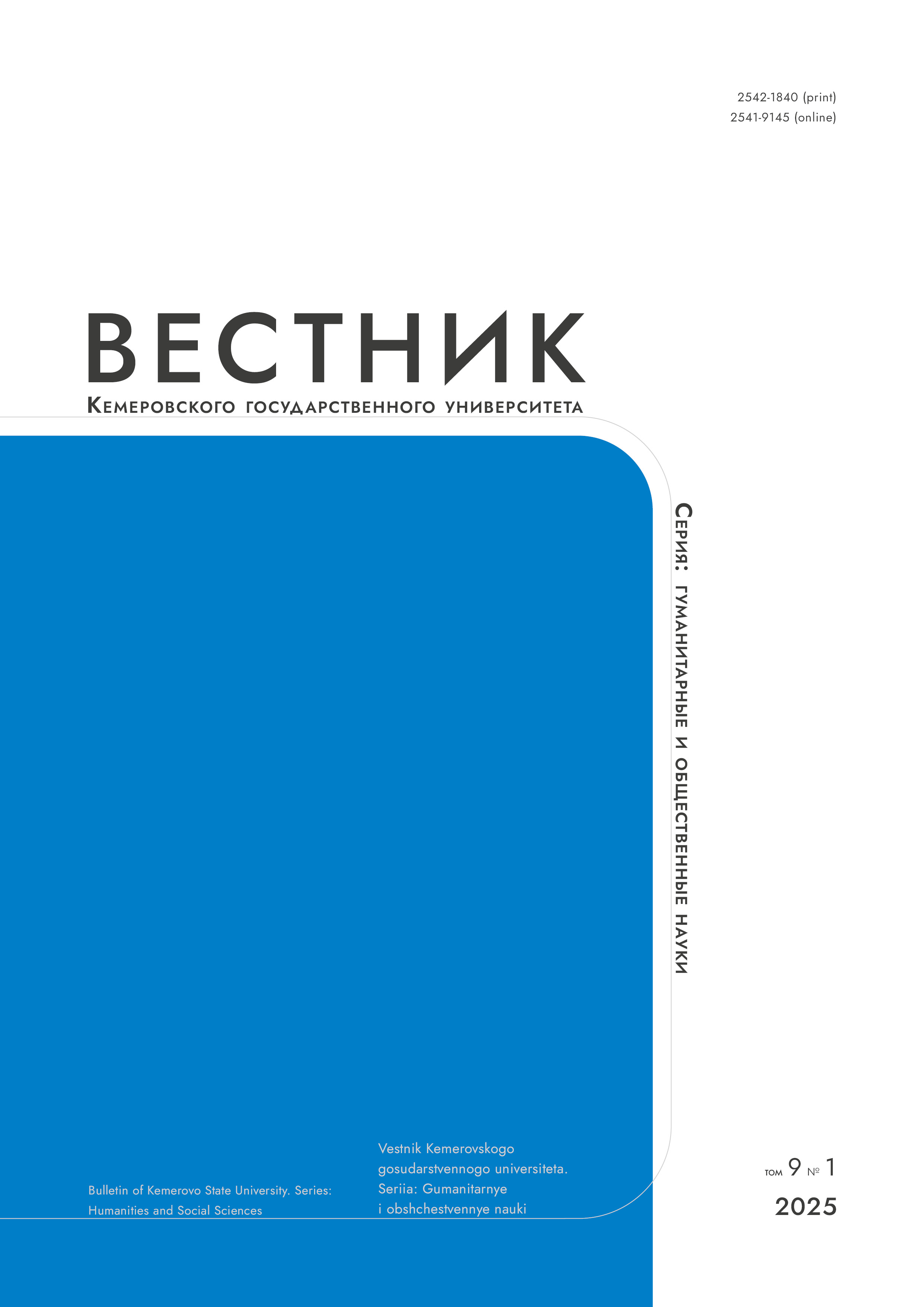Sankt-Peterburg, Russian Federation
UDC 34
The article deals with theoretical and law-enforcement problems of establishing the chain of causation in crimes of omission committed by the obligor. The doctrine of criminal law developed an unambiguous philosophical understanding of causality within the framework of dialectical materialism. However, such scientists as Prof. V. B. Malinin and Prof. Z. B. Soktoev came to polar conclusions about the absence and presence of a causal relationship in cases of criminal omission. The author criticizes the so-called golden rule of causality in cases of omission and the comprehensive reason for omission. He believes that omission cannot be recognized as a condition of an antisocial result. The author uses the relativistic approach to causality to explain the relationship between the failure to fulfill one's professional or official duties and the resulting antisocial consequence. He proves the conditioning relationship in such situations and states the correlation of causation and condition, as well as the limits of understanding causality as an element of the objective aspect of a crime. Apparently, doctrinal controversies affect the law enforcement. The article introduces the latest judicial practice and positions of the courts on the legal content and legal consequences of establishing an indirect, indirect, and mediated causation chain. The category of causality cannot be used for the purposes of criminal law qualification due to the fact that law and natural science have a different understanding of causation. The research questions the significance of forensic medical examinations in cases of iatrogenic crimes in relation to the causal relationship and their assessment by the court. In this article, the issues of causality are considered only for such cases of omission that presuppose a failure to fulfill professional or official duties in a negligent crime. Therefore, the author does not claim to be exclusive of conclusions and proposals. As Academician V. N. Kudryavtsev said, the configuration of chain of causation depends on the corpus delicti or the type of crime.
causation, functional relation, qualification of crime, iatrogenic crime, failure to provide medical care, relativism philosophy, case practice
1. Russian criminal law. Vol. 1. General part, eds. Inogamova-Khegai L. V., Komissarov V. S., Rarog A. I. Moscow: Prospekt, 2006, 520. (In Russ.)
2. Criminal liability and corpus delicti as its basis. Criminal law of Russia. General part, ed. Rarog A. I., 3rd ed. Moscow: Eksmo, 2009, 60-79. (In Russ.)
3. E-n. Defence of Prof. Shargorodsky of his PhD Thesis about crimes against the person: [At the All-Union Institute of Legal Sciences]. Sotsialisticheskaia zakonnost, 1945, (6): 42-43. (In Russ.)
4. G. Causal relation in criminal law (Thesis T. V. Tsereteli): [At the Institute of Law of the Academy of Sciences of the USSR]. Sovetskoe gosudarstvo i pravo, 1949, (9): 69-72. (In Russ.)
5. Malinin V. B. Causal relation in criminal law: theory and practice. Dr. Jurispr. Sci. Diss. St. Petersburg, 1999, 410. (In Russ.)
6. Soktoev Z. B. Causality in criminal law: theoretical and applied problems. Dr. Jurispr. Sci. Diss. Moscow, 2014, 408. (In Russ.)
7. Timeiko G. V. General doctrine of the objective side of the crime. Rostov-on-Don: Izd-vo Rost. un-ta, 1977, 215. (In Russ.)
8. Criminal law of Russia. A common part, ed. Kapinus O. S., 2nd ed. Moscow: Yurait, 2019, 704. (In Russ.)
9. Kudryavtsev V. N. Malinin V. B. Causal relation in criminal law. St. Petersburg: "Iuridicheskii tsentr Press", 2000, 315. Izvestiia vuzov. Pravovedenie, 2002, (2): 254-256. (In Russ.)
10. Borzenkov V. G. Causality. Philosophical Dictionary, ed. Frolov I. T., 7th ed. Moscow: Respublika, 2001, 463-464. (In Russ.)
11. Holbach P. H. Selected works in two volumes, ed. Momdzhian Kh. N. Moscow: Sotsekgiz, 1963, vol. 1, 715. (In Russ.)
12. Arefeva G. S., Butenko A. P., Zotov A. F. Dialectical and historical materialism, ed. Kovalev S. M., 4th ed. Moscow: Politizdat, 1971, 367. (In Russ.)
13. Beklemishev L. D. Gödel's incompleteness theorems and the limits of their applicability. I. Russian Math. Surveys, 2010, 65(5): 61-106. (In Russ.) DOI:https://doi.org/10.4213/rm9378
14. Chestnov I. L. Postclassical theory of law. St. Petersburg: ALEF-Press, 2012, 649. (In Russ.)
15. Zimireva L. A. Causal relation in crimes against life. Cand. Jurispr. Sci. Diss. Moscow, 2016, 228. (In Russ.)
16. Zimireva L. A. On the impact of intervening events on the development of cause and effect link. Ugolovnoe pravo, 2015, (1): 54-58. (In Russ.)
17. Loifman I. Ia. Spirit of dialectics (theoretical and methodological problems). Ekaterinburg: UrGU, 2000, 104. (In Russ.)
18. Aristotle. Metaphysics, trs. Pervov P. D., Rozanov V. V. Moscow: In-t filosofii, teologii i istorii sv. Fomy, 2006, 227. (In Russ.)
19. Boldachev A. V. Temporality and philosophy of absolute relativism. Moscow: URSS; LENAND, 2011, 223. (In Russ.)
20. Malinin V. B. Causal relation in criminal law. St. Petersburg: Iurid. tsentr Press, 2000, 315. (In Russ.)
21. Meleshko D. A. The death of a person as a classifying element of negligence of child protection officials. Ugolovnoe parvo, 2017, (5): 77-80. (In Russ.)
22. Golik Iu. V. Philosophy of criminal law: modern formulation of the problem. Philosophy of criminal law, comps. Golik Iu. V., Golik A. Iu. St. Petersburg: Iurid. tsentr Press, 2004, 6-52. (In Russ.)
23. Timeiko G. V. Problems of the general doctrine of the objective side of the crime. Dr. Jurispr. Sci. Diss. Abstr. Moscow, 1986, 44. (In Russ.)
24. Dagel P. S. Causal relationship in crimes committed by negligence. Voprosy borby s prestupnostiu, 1981, (34): 28-37. (In Russ.)
25. Muzyka A. A., Bagirov S. R. Causal relationship: criminal law sketch. Khmelnitsky: Izd-vo Khmelnitskogo universiteta upravleniia i prava, 2009, 112. (In Russ.)
26. Sergeevskii N. D. About the meaning of the causal relationship in criminal law. Pt. I: The theory of causation and its significance in criminal law. Vestnik of Demidov's Law Lyceum. Yaroslavl, 1880, book 21, 1-130. (In Russ.)


















